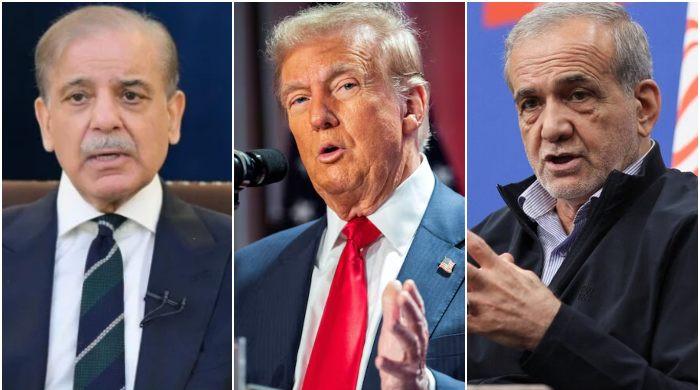Pakistan Condemns Strikes on Iranian Nuclear Facilities
Islamabad has voiced its condemnation of Sunday’s strikes targeting Iranian nuclear sites, which were allegedly carried out by the United States. Pakistan affirmed its support for Tehran and its entitlement to self-defense, citing breaches of international regulations.
“Pakistan denounces the US’s assaults on Iran’s nuclear installations. We assert that these actions contravene the established principles of international law, and Iran possesses the legal entitlement to defend itself in accordance with the UN charter,” stated the Foreign Office in its official statement.
Islamabad’s rebuke follows amplified tensions within the Middle East, precipitated by US President Donald Trump’s declaration that Washington initiated aerial assaults that purportedly “completely obliterated” Tehran’s atomic facilities, including the Fordow enrichment complex along with the Natanz and Isfahan locations.
During a succinct televised address, President Trump urged Iran to pursue peace and cautioned against additional attacks should the country fail to comply.
“Should they reject peace, subsequent attacks will intensify substantially and become considerably more straightforward,” commented Trump, accompanied by Vice President JD Vance, Defence Secretary Pete Hegseth, and Secretary of State Marco Rubio during his briefing.
Responding to the US’s actions, Iranian Foreign Minister Seyed Abbas Araghchi criticized Washington’s intervention, denouncing it as “outrageous” and forewarning of “lasting repercussions”.
“The US has perpetrated a severe infringement of the UN charter, international legislation, and the NPT through its attacks on Iran’s peaceful nuclear installations,” he declared via a statement on X.
“Iran retains every recourse to safeguard its sovereignty, interests, and populace,” he cautioned.
Expressing profound apprehension regarding the potential exacerbation of regional tensions in the aftermath of the US’s strikes, Pakistan cautioned that any further escalation would engender severely detrimental ramifications for the region and beyond.
“We underscore the crucial necessity to uphold the sanctity of civilian lives and assets, and to promptly terminate the conflict. It is imperative that all parties adhere to international legal standards, notably international humanitarian law,” the FO statement emphasized.
“The utilization of dialogue and diplomacy, aligning with the core tenets of the UN charter, remains the exclusive viable avenue for resolving the regional crises,” it further asserted.
The US assault on Iran is to be contextualized within the enduring discord between the two nations, with Washington engaging in disputes with Tehran for approximately five decades.
Despite intelligence assessments suggesting that Iran was not actively developing a nuclear weapon, the Trump administration proceeded with the bombing of Iran’s nuclear sites. Tehran’s sensitive atomic endeavors are largely viewed as a means of exerting leverage, and Iran is presumed to have implemented precautionary measures in anticipation of potential strikes.
Trita Parsi, a vocal critic of military intervention, posited that Trump has increased the probability of Iran evolving into a nuclear weapons state within the coming years.
“We should exercise caution against conflating tactical triumphs with strategic accomplishments,” remarked Parsi, executive vice president of the Quincy Institute for Responsible Statecraft.
“The Iraq war similarly achieved initial success within the early weeks, yet President Bush’s ‘Mission Accomplished’ declaration has not stood the test of time,” he concluded.



Comments (0)
No comments yet. Be the first to comment!
Leave a Comment